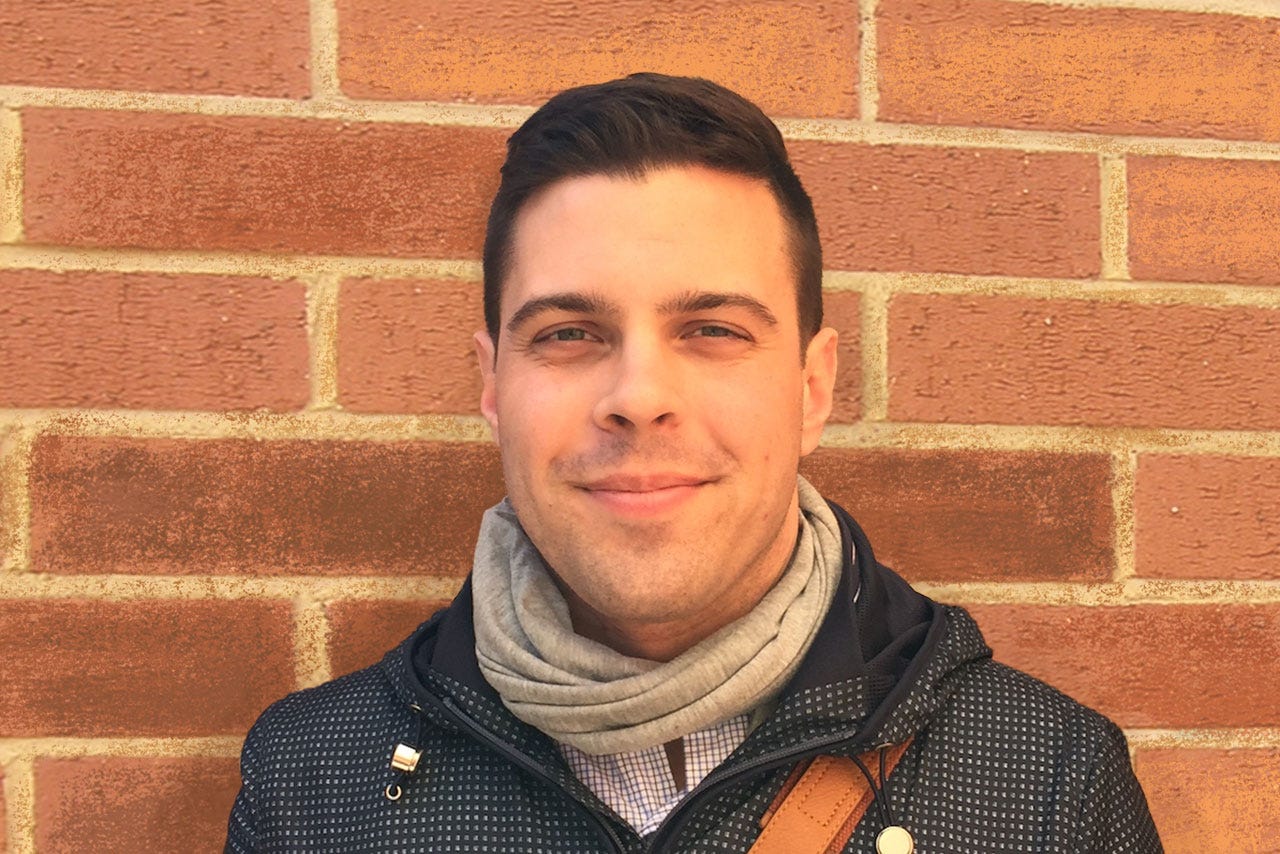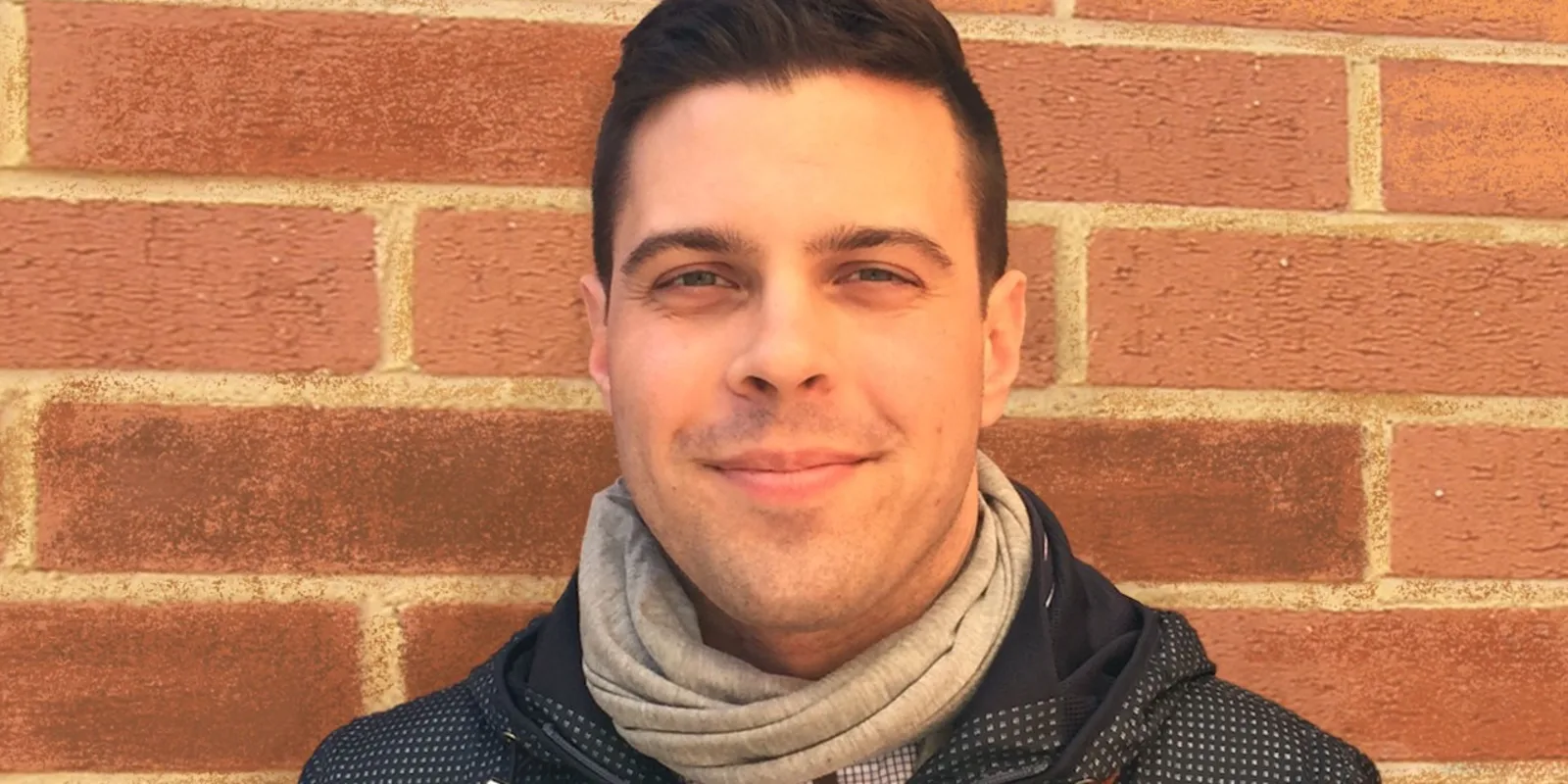
Name: Chris Elder, MD
Specialty: Neurology
Education: UCLA Medical Center, NYU School of Medicine, Georgetown University Hospital, Drexel University College of Medicine, University of Delaware
Areas of Expertise: Neurology, epilepsy
Current Position: Neurophysiology/epilepsy fellow at UCLA
1. Why did you choose Neurology?
Being born with a neurologic deficit (I have a genetic mutation causing congenital hearing loss) and having a family member with epilepsy, I’ve always been drawn towards the nervous system and have been able to relate to my patients with neurologic symptoms. In medical school, my three favorite rotations were neurology, psychiatry, and internal medicine; out of those, neurology is the one that combines those things most in clinical practice.
2. What area of neurology is changing most rapidly?
Neurology in general is growing rapidly as a field, so I think it’s difficult to pin down one specific subspecialty. That being said, if I had to choose based on my experience I might say Vascular Neurology and Epilepsy. With the advent of tPA, advanced imaging, and endovascular therapy, there are a lot of changes in the workup and management of stroke. Though I’m biased, my field (epilepsy) is also changing very quickly, as there are new medical and surgical options that have come to alter the way we practice significantly.
3. What is the last journal article or piece of research that significantly changed your practice?
Recently I read this article by Maxime Baud titled “Multi-day rhythms modulate seizure risk in epilepsy.” It reviews chronic EEG data from implanted RNSä devices and assesses for possible rhythmicity in seizure occurrences. This hasn’t quite changed how I practice just yet, but it certainly has raised some interesting questions in my mind and I suspect may do so in the future.
4. What are your research interests?
I’m interested in research pertaining to improving medical education, increasing healthcare cost-effectiveness, public health, and epilepsy. Within epilepsy, I’m particularly interested in intracranial monitoring and responsive neurostimulation.
5. Outside of your daily practice, do you have any personal or professional projects that you’re passionate about?
Nothing I would call a project just yet, though I’m working on a few position papers on ethical and political issues I feel strongly about. As healthcare professionals, I believe we have a responsibility to advocate publicly for the good of our patients.
6. What is a common misconception that other clinicians have about neurology?
Many non-neurologists don’t have exposure to just how broad our field is. Neurology used to be considered a single specialty within internal medicine; after finishing residency, I now understand it as much more of an entire branch of medicine with numerous subspecialties all on its own. Further, neurology has become much more acute and subacute in its management — no more “diagnose and adios” (as it used to be said)!
7. Who are your mentors?
There are too many to list! I’ve gained many mentors throughout my life, thankfully. At Georgetown, Mike Adams, Allen Roberts, Princy Kumar, and Janese Laster. At NYU, there are so many — Arielle Kurzweil, Steve Galetta, Koto Ishida, Anuradha Singh, Derek Chong, and Jay Bhatt to name just a few. Currently, my mentors include Dawn Eliashiv, John Stern, and Pete Engel. It takes a village to raise a…neurologist?
8. What’s the best advice you’ve ever received?
“Defeat is more instructive than victory” and “Get bitter or get better.” Both of these have to do with response to adversity and both helped me make it to where I am today.
9. What has been your most gratifying moment of being a clinician?
One moment that stands out was during residency when I not only felt the satisfaction of identifying a rare diagnosis but also learned the true value of working as a team. When a patient with unusual symptoms was admitted and continued to worsen after two weeks of treatment, our inpatient neurology residents and nurse practitioner sat down as a group and openly shared our thoughts and ideas. Together, we came up with a new plan, coming to the correct diagnosis and finding an underlying malignancy. One year later the patient came back to our unit, healthy and happy. It was an incredible feeling.
10. How do you unwind after a challenging day?
I take a multidisciplinary approach to chilling out after work. Physical exercise is key, then a slow fade with a show or movie then end my night with a book.
11. As a neurologist, what does the NFL need to change to make the game safe?
Overall, more research is necessary before we can draw serious conclusions about the future of the game. That being said, the NFL is in a position of leadership in American football and with that position comes a responsibility to set an example for all who play and watch, including professional athletes but also college and in particular youth players. Recent studies have started to identify the consequences of serious head injuries from football, especially in youth players — so when the NFL doesn’t appear to be taking brain trauma seriously, it’s extremely disappointing.
Specific instances that came to mind recently include Russell Wilson’s infamous non-evaluation, the delay in removing Houston’s Tom Savage from play, and the consistently weak punishments for players who commit targeting — Danny Trevathan’s single game suspension (after not being ejected from the game) comes to mind. It’s easy to see why people think the NFL has a lot of work to do on this issue.
12. How do you motivate patients to do what’s best for their health?
Motivating patients to improve their health is one of the most important things doctors can do for them. The first thing I do is educate people on their conditions then try to correct any misunderstandings. I also try to understand any barriers our patients may face to good health practices, then work with multiple other providers and social services to help reduce those barriers. No one wants to be unhealthy; it’s our role to help figure out how make good health as easy as possible.
13. What is the biggest challenge or obstacle in neurology?
One of the biggest challenges in neurology is the lack of public awareness about neurologic illness and treatments available. In addition, it’s very easy for patients to be misled by pseudo-scientific claims, so I’ve started spending a substantial amount of time clarifying which information is supported by evidence and which is not.
Another major challenge in neurology is the limitation in the amount of time we can spend with our patients during office visits. Neurology is a deep and complicated field; it takes time to go through full medical histories and complete thorough neurologic examinations. In addition, patients often do not have a great understanding of their disease, which requires significant time for patient education. Unfortunately, as medicine becomes more time-crunched and procedure-based, we’re starting to lose this very important aspect of our care.
14. What are your favorite Doximity features and how have they helped your productivity (Dialer, DocNews, Career Navigator, e-Fax, etc.)?
Since I’m in fellowship, I’ve tended to use the Career Navigator more than anything else. It’s helpful to gain a perspective on the national distribution of compensation, particularly when compared to housing and other major economic factors.






